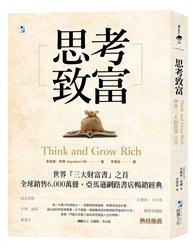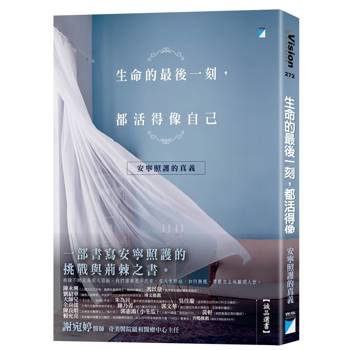The volume examines several screen adaptations of works written by mid- and late nineteenth-century authors, who constitute the hallmark of the Russian cultural brand, finding favour with audiences in Russia and in the West. It considers reimagining of Goncharov, Turgenev, Dostoevsky, Chekhov and Tolstoy in different contexts.
The book examines various types of adaptation, including transposition, commentary, and analogy. It focuses on established Russian and western filmmakers’ dialogue with the classics taking place in the last 60 years. The book shows how the ideological and/or philosophical concerns of the day serve as a lens for a specific reading of the novel, the story, or the play. By foregrounding a synergetic literary-cinematic space, the book demonstrates how the director becomes a creative mediator between his audiences and the author, taking account of contemporary epistemological imperatives and the particularities of the reception by viewers.
| FindBook |
有 1 項符合
Film Adaptations of Russian Classics: Dialogism and Authorship的圖書 |
 |
Film Adaptations of Russian Classics: Dialogism and Authorship 出版社:Edinburgh University Press 出版日期:2024-11-30 語言:英文 規格:平裝 / 264頁 / 普通級/ 初版 |
| 圖書館借閱 |
| 國家圖書館 | 全國圖書書目資訊網 | 國立公共資訊圖書館 | 電子書服務平台 | MetaCat 跨館整合查詢 |
| 臺北市立圖書館 | 新北市立圖書館 | 基隆市公共圖書館 | 桃園市立圖書館 | 新竹縣公共圖書館 |
| 苗栗縣立圖書館 | 臺中市立圖書館 | 彰化縣公共圖書館 | 南投縣文化局 | 雲林縣公共圖書館 |
| 嘉義縣圖書館 | 臺南市立圖書館 | 高雄市立圖書館 | 屏東縣公共圖書館 | 宜蘭縣公共圖書館 |
| 花蓮縣文化局 | 臺東縣文化處 |
|
|
圖書介紹 - 資料來源:博客來 評分:
圖書名稱:Film Adaptations of Russian Classics: Dialogism and Authorship
內容簡介
Home Movies Hardly Silent: Unlocking Our Deaf Folklife Films
Personified Body Parts in Cinema, Literature, and Visual Culture
Botanical Imagination: Rethinking Plants in Modern Japan
Botanical Imagination: Rethinking Plants in Modern Japan
Neo-Authoritarian Masculinity in Brazilian Crime Film
Nomadic Cinema: A Cultural Geography of the Expedition Film
Nomadic Cinema: A Cultural Geography of the Expedition Film
Beyond the Bbfc: Local and Regional Film Censorship in the UK
Horses of Hollywood
Marvel Studios’ the Infinity Saga - Ant-Man: The Art of the Movie
Personified Body Parts in Cinema, Literature, and Visual Culture
Botanical Imagination: Rethinking Plants in Modern Japan
Botanical Imagination: Rethinking Plants in Modern Japan
Neo-Authoritarian Masculinity in Brazilian Crime Film
Nomadic Cinema: A Cultural Geography of the Expedition Film
Nomadic Cinema: A Cultural Geography of the Expedition Film
Beyond the Bbfc: Local and Regional Film Censorship in the UK
Horses of Hollywood
Marvel Studios’ the Infinity Saga - Ant-Man: The Art of the Movie
|











